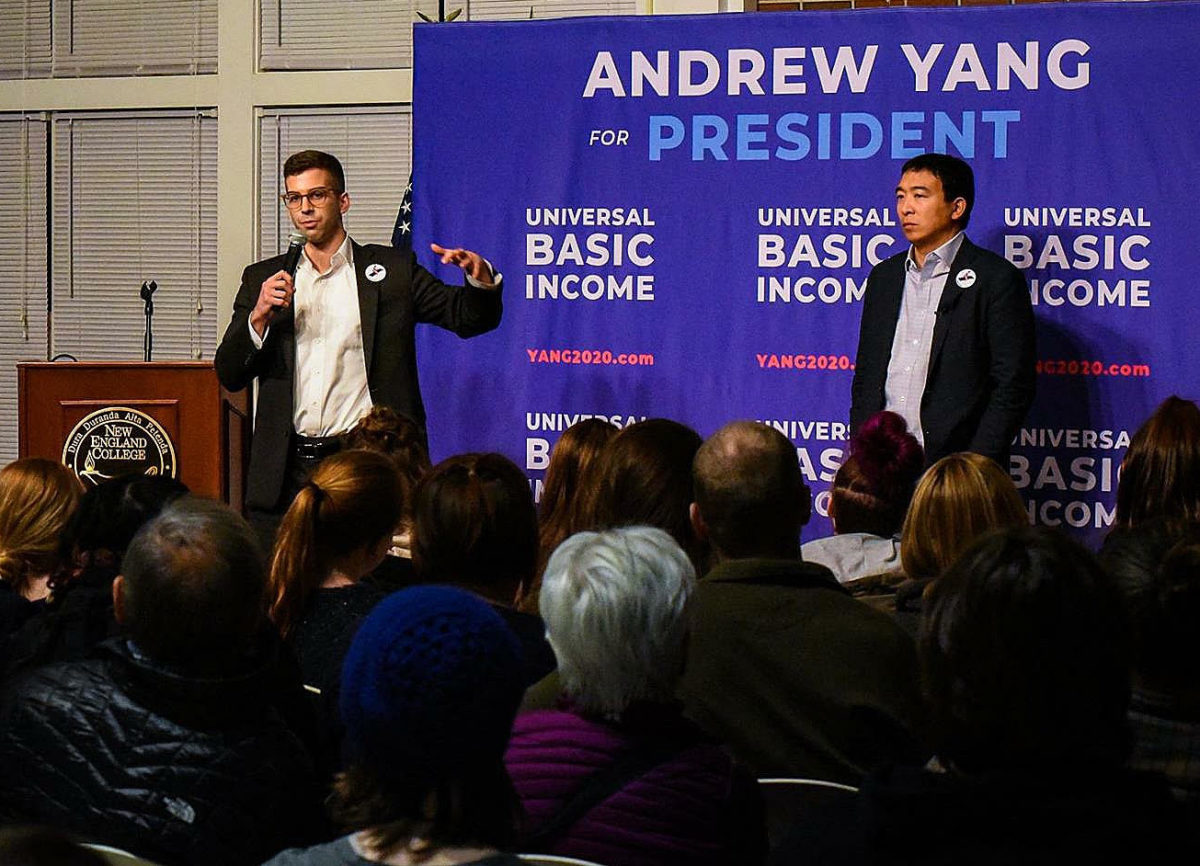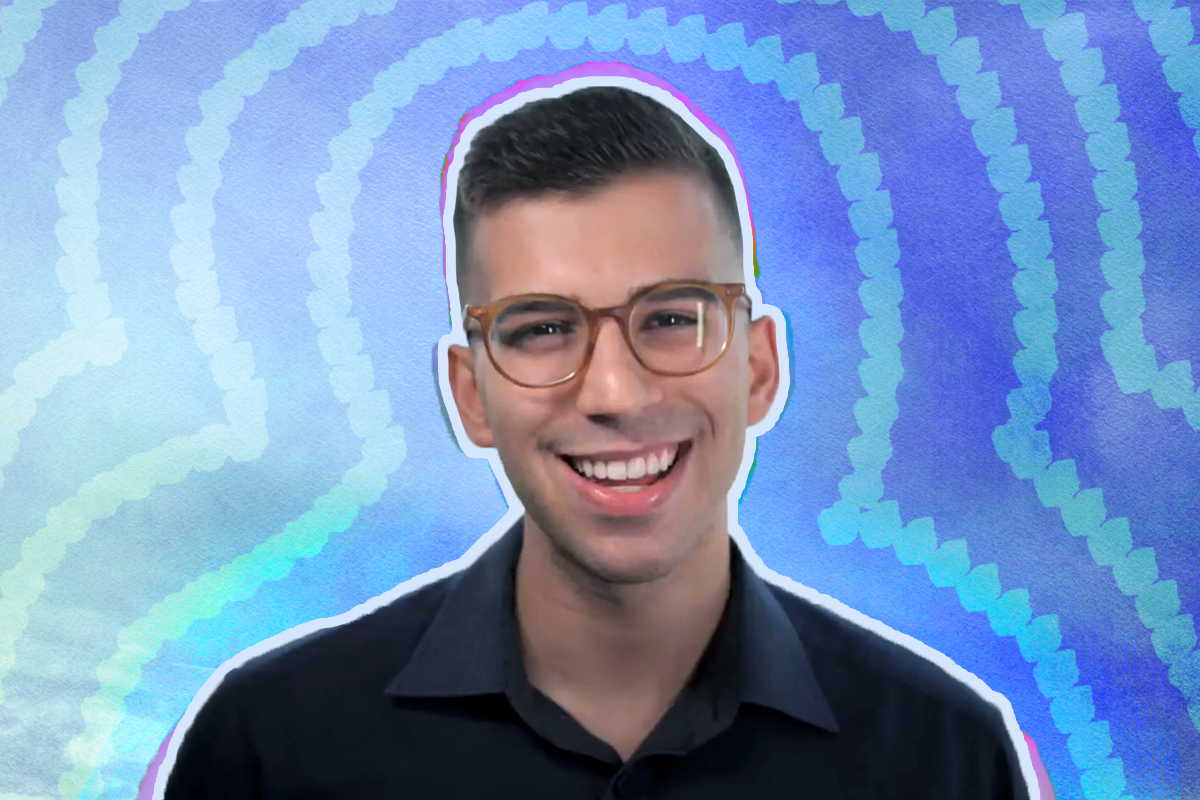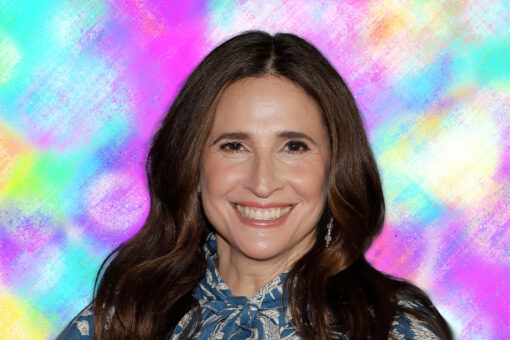The world has been radically transformed amid the COVID-19 pandemic and the international groundswell of antiracist protests, and for 25-year-old Jonathan Herzog, he has reason to be hopeful and keep focus.
The former Andrew Yang staffer is running for Congress in New York’s 10th district, which covers most of Manhattan’s West Side as well as parts of south Brooklyn.
His resume reads like something that was scripted for TV by Aaron Sorkin: Herzog graduated first in his class at Harvard, earned an MBA at NYU Stern, and returned to Harvard Law School where he served as co-president of Harvard Law’s student government before taking an indefinite leave in 2018 to serve on Andrew Yang’s 2020 presidential campaign. He was the Yang campaign’s sixth hire when he moved to Iowa and helped sculpt him into 2020’s “internet candidate.” Now he hopes to do the same for his own dark horse campaign.
Herzog is running against one of the most powerful Democrats in the House: longtime incumbent Jerry Nadler, who’s held his seat since 1992 and currently serves as the Chairman of the House Judiciary Committee. Nadler has built a reputation as being one of the strongest constitutional scholars in Congress, and was one of the key figures in Trump’s impeachment. He’s also been one of the staunchest advocates for LGBT rights, co-sponsoring every piece of LGBT legislation for the last 20 years.
Herzog says his campaign is about elevating new ideas rather than undermining his opponent, who he greatly admires. As it turns out, Herzog and Nadler have a similar background. Both are born and bred New Yorkers who attended Jewish day schools and went on to get Ivy League degrees. It’s these similarities that make Herzog feel compatible as a challenger.
If Herzog wins the June 23 primary, his liberal district would likely carry him a general election victory in November, which would be historic. He’d become the youngest member of Congress as well as the first Israeli-American and New York’s first openly gay representative to serve in Washington. It would also be considered an enormous upset.
Herzog hopes to provide the same shock that Alexandria Ocasio-Cortez did in 2018, when she unseated Joe Crowley, who was in talks of becoming the next Speaker of the House. Now it’s hard to remember a time her name hasn’t been in the headlines ever since.
Though he differs from AOC on several issues, he sees her as a model for how the political landscape is being redefined — one where someone like Pete Buttigieg can rise from obscurity to a top-tier candidate very quickly.
It only takes a few seconds to realize Herzog breeds a different type of politics from the norm. On his campaign site you can donate in crypto currency, and his bio presents himself with unfiltered candor, saying “I won’t sit back as we watch the ship burn and say ‘we’re fucked.’” It’s all part of being real, or rather, “human,” modeled by Andrew Yang who famously campaigned without a tie.
Case in point: On Herzog’s Instagram, you’ll find plenty of revealing thirst-traps at the beach and gym.
He knows his base and is making an unabashed effort to best reach them. “We’re talking about the gayest district in the country, the most Jewish district in the country, the most Israeli-American district in the country,” Herzog tells me over a Zoom video call.
He hopes to become a voice for the “new left,” called the “Freedom Democrats” — Andrew Yang’s alternative to the “Justice Democrats” which spawned from Bernie Sanders’ 2016 presidential run. Herzog’s central policy he’s campaigning on is Universal Basic Income (UBI), a proposal of a $1000 monthly stipend to every citizen over the age of 18. The idea first gained prominence when Yang centered his 2020 presidential campaign on it. At the time it was widely dismissed as being lofty, yet his philosophy has essentially come to reality in the form of the COVID relief stimulus checks, with even Pope Francis signaling interest in adopting the practice.

“What may have seemed theoretical in the context of automation and all these macro-economic forces is very concrete now,” Herzog says. “People are starting to wake up.”
Herzog has other novel policies to shake up the political system such as a “Data Bill of Rights” and ranked choice voting.
When asked about the recent protests in light of the murder of George Floyd and the systemic racism plaguing the U.S., Herzog told me, “We need substantive structural reform and a transition to restorative and rehabilitate justice. No more lip service. No more silence. No more inaction. Time for justice now.”
He went on to add, “Beyond these critical criminal justice reforms, we need to pass a universal basic income and eradicate poverty.
“Martin Luther King Jr. championed the fight for a universal basic income — while it does not solve every problem, it makes every problem easier to solve. Poverty is an absence of cash, not an absence of character. Economic justice is a foundation of social and racial justice — George Floyd was murdered after a counterfeit $20 bill was rejected.”
Like many millennials, Herzog’s political awakening came during college.
“I was politically homeless. I was of the left of the liberal progressive mindset but not seeing myself represented or heard. I was lucky I saw this guy Andrew who’s like ‘yeah, people will throw rocks but I’m just gonna call it like I see it.’ I’m gonna look at the data, look at the research.”
Part of that data includes New York City’s troubling hate crime statistics, which have had Herzog deeply concerned for the past several years. The rise in anti-Semitism is among the most personal reasons he’s felt the urge to enter the political arena. “Look at the far-left and far-right embodied in our elected officials and look at what the political football deliberately consistently is.” He sees a link between the surge in anti-Semitism further enflamed by the unraveling of the economy and broader political turmoil, pointing to Germany’s political shift from 1920-1932 amid economic devastation.
“There’s a one-to-one correlation between the rise in unemployment and the seats Nazis had in the Reichstag. They were democratically elected into government.”
He says the rising trends of domestic extremism in the U.S. are no coincidence.
“Our federal legislature — our system of government — is crumbling,” he tells me. “I felt like if I can see this, then I have to [do something], since no one else seems to be doing anything about it. This isn’t theoretical. It’s very rooted in reality.”
Herzog’s candidacy is also a grand experiment in testing a new wave of campaigning.
His campaign operates like something out of Moneyball. He has a team of digital organizers who were part of Andrew Yang’s #YangGang, who are now channeling their enthusiasm into Herzog’s campaign. “We’re texting and reaching out to tens of thousands of people.”
He’s got his data predictions down to a science.
The magic number he’s focused on is earning 15,000 votes. “It’s a very liberal prediction. Realistically we probably need far fewer,” he tells me. That’s because so many New Yorkers in his district have fled the city, and due to absentee-voting, the turnout will likely be lower than in previous years. “In 30 years, there’s only been one primary in the 10th district and 30,000 people voted — and that was under normal conditions of poll voting access being available.”
“This is a really critical moment that we’re living through,” Herzog says. “Only a crisis lifts the veil and reveals the systems for what they are.”
Header image design by Grace Yagel; background via Sergey Ryumin / Getty Images; image via Jonathan Herzog for Congress on Youtube.



